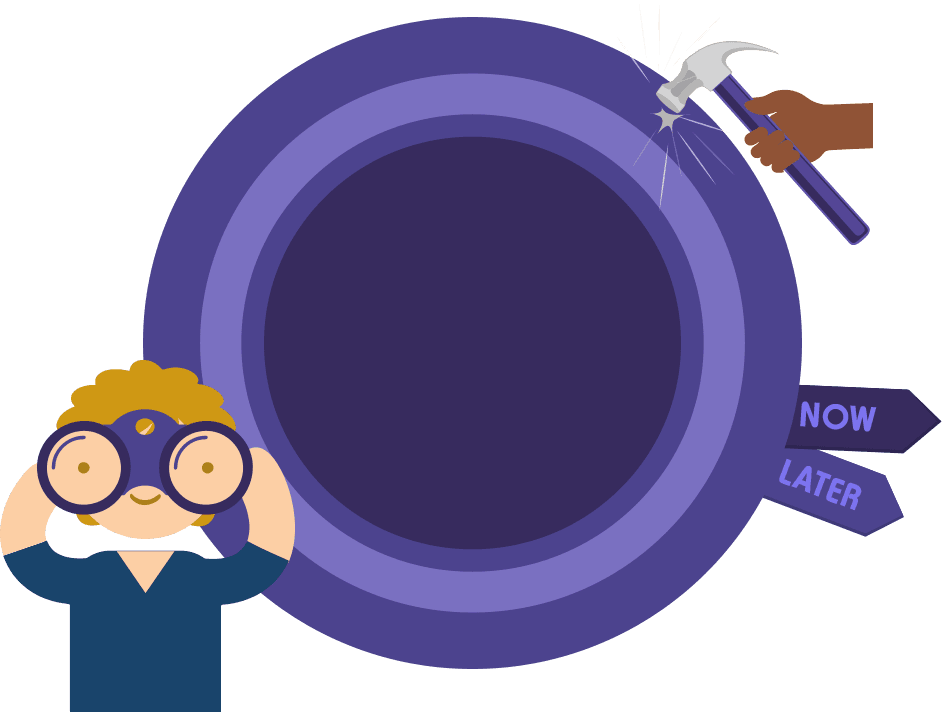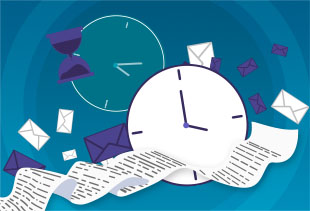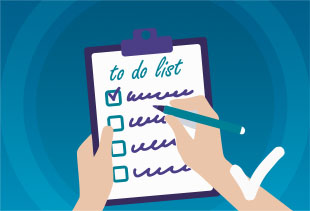

Related Articles
Related Articles
Time Management
Explore More
Customer Service Training
Workplace Health And Safety
Dealing With Customers Online
Business Phone Etiquette
Handling Customer Complaints
Learner Engagement
Prevent Customer Churn
Customer Satisfaction
Sales Training
To effectively manage your time, you must learn how to focus your attention.
In our increasingly connected world, eliminating distractions is harder than ever, but it is possible.
Put your phone on silent.
Do not look at it again until it’s time for you to take a break. Go on, put it away right now! Now turn off your notifications. Don’t check your phone again until you have finished working on your allocated task.
Mobile phones are a huge source of distraction. Learning how to disconnect from your phone and only check it at break times will enable you to focus more on the task at hand. You’ll still get your messages and notifications, but at a time that suits you rather than at a time that distracts you.

Email is a big source of distraction.
Many people spend their entire working day responding to emails, and at the end of the day find they still haven’t completed the task they set for themselves at the start of the day.
Yes, it is important to reply to email in a timely manner, but it’s not so important that you need to be distracted every couple of minutes.
Set aside specific times each day to stop and check your email, reply to whatever is important and urgent, and then close your email and get onto the next task on your daily to do list. This approach will take discipline and may take some time to master but it’s definitely worthwhile.

Focus on completing particular tasks.
Of course, mobile phones and email aren’t the only distractions, being booked in endless meetings can also make it hard to focus.
One strategy to address this is to book out the same time in your calendar each day to work on specific tasks. Perhaps you are more motivated and think more clearly in the mornings. Then block out this time in your calendar to do longer, more complex tasks, and then schedule other times in your day for meetings and to do easier and shorter tasks.
If you’re struggling to eliminate distractions it can be useful to conduct a time audit – you can do this over a few hours, a day, or a week.
Simply note down each task you are working on and each interruption. For example, if you work completely focused for 45 minutes on a project, note that down. If you stop every three minutes to look at your phone, write down each time you look at your phone.

Building good time management skills.
Remember, you’re building good time management skills so it's also important to remember to schedule regular breaks into your day.
It’s not possible to focus 100% for eight hours in a row. Be realistic in your expectations and in scheduling your time.
When taking a break, stand up, perhaps stretch, move away from your work area; if possible, go outside. This will help to refresh your mind, and when you return to your work you will find it easier to refocus and use your time to work more productively.
How often you need or are able to take breaks will be determined by your own personal ability to focus, and your organisations rules and expectations. If you aren’t sure how often you can take a break, seek advice from your supervisor or manager.

Building an understanding of your own habits and activities will help you to build good time management skills. You’ll become more aware of when you are more productive and what distracts you. You can then take steps to eliminate these distractions and plan your day around your own productivity peaks.
Most Popular Blogs













Published by Canity